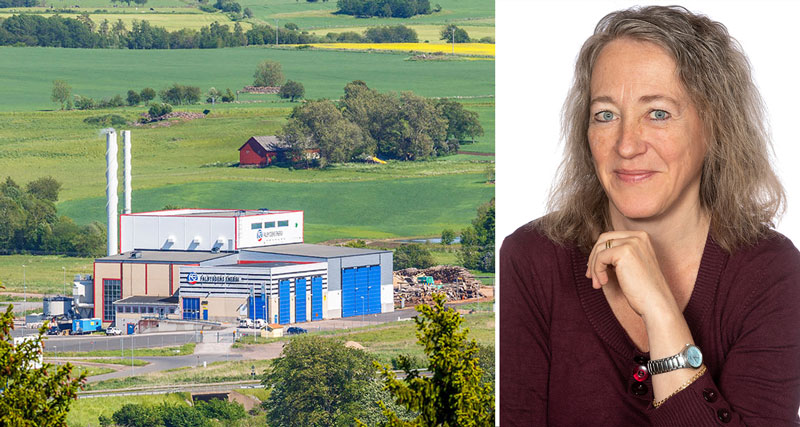Tall oil is one of the most valuable by-products from the kraft pulping of softwood. It has a broad spectrum of applications including chemicals, detergents and fuel to combustion engines, and is partly a renewable alternative to petroleum. Even if it is just a minor part of the wood that is converted to tall oil, the volumes produced are significant due to the massive amounts of kraft pulp that is produced. The value per ton of tall oil is also relatively high. High yield of the tall oil is thus important both for economic and environmental reasons.
In this study methods for increasing the yield of tall oil production has been developed. Specifically, this project investigates if the tall oil separation yield from black liquor (consumed pulping liquor from kraft pulping of wood) could be improved by different types of chemical additions, such as fatty acids.
It has been shown experimentally that the ratio between fatty acids and rosin acids is an important factor for the yield in tall oil separation, meaning that higher fatty acid content leads to an increased tall oil yield.






